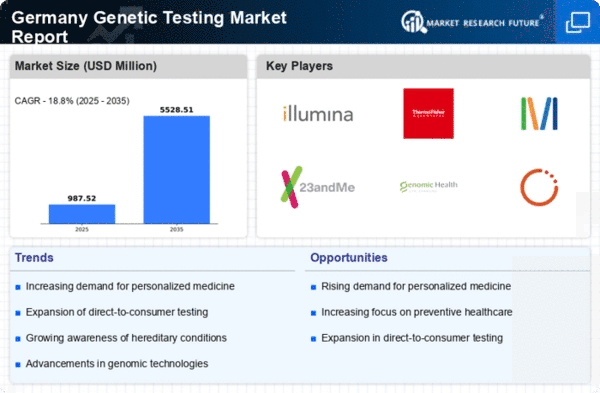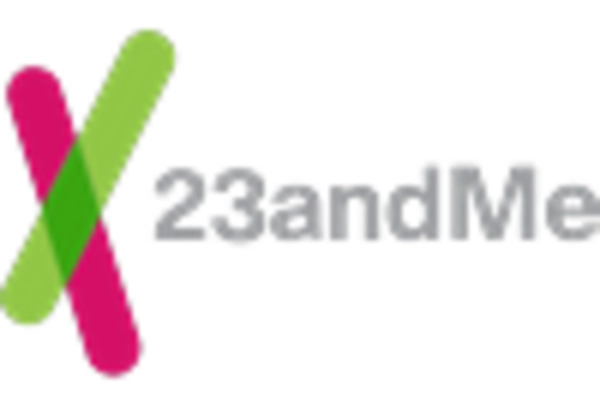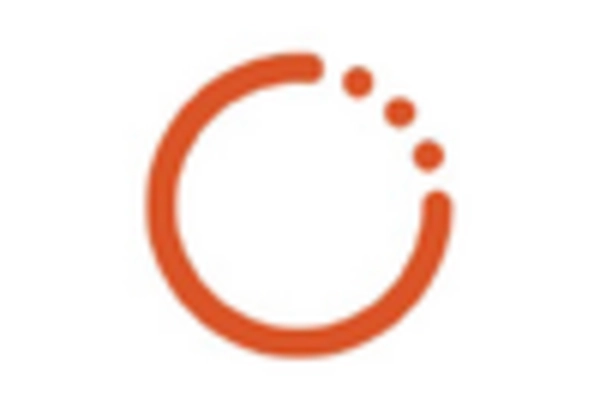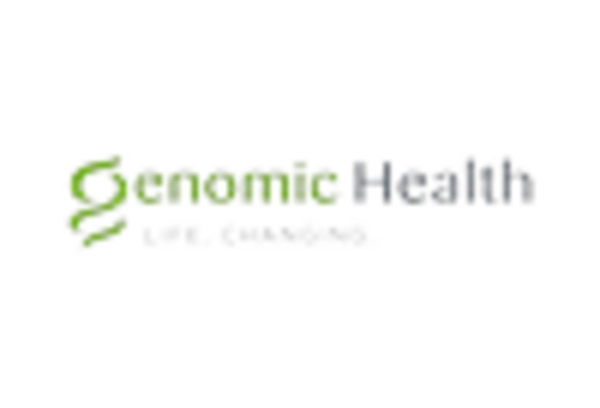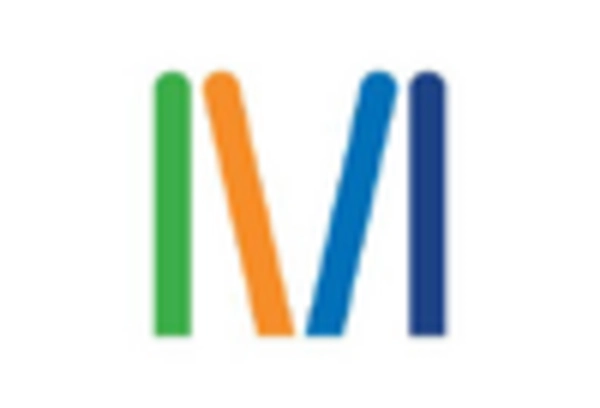Regulatory Support and Frameworks
The regulatory landscape in Germany is evolving to support the genetic testing market, which is crucial for its growth. The Federal Institute for Drugs and Medical Devices (BfArM) has established guidelines that facilitate the approval and commercialization of genetic tests. This regulatory support is essential for ensuring the safety and efficacy of genetic testing products, thereby fostering consumer confidence. As of November 2025, the market is expected to benefit from these frameworks, which may lead to an increase in the number of approved tests available to consumers. The presence of a robust regulatory environment could potentially enhance the credibility of genetic testing services, encouraging more individuals to utilize these offerings.
Growing Awareness of Genetic Disorders
There is a rising awareness of genetic disorders among the German population, which is contributing to the growth of the genetic testing market. Educational campaigns and initiatives by healthcare organizations are informing individuals about the importance of genetic testing in early diagnosis and management of hereditary conditions. This heightened awareness is likely to drive demand for genetic tests, as individuals seek proactive measures to understand their genetic predispositions. As of November 2025, it is estimated that around 30% of the population is aware of the benefits of genetic testing, which could lead to increased testing rates. This trend may encourage healthcare providers to incorporate genetic testing into routine care, further expanding the market.
Increasing Demand for Personalized Medicine
The genetic testing market in Germany is experiencing a notable surge in demand for personalized medicine. This trend is driven by a growing awareness among patients and healthcare providers regarding the benefits of tailored treatment plans based on individual genetic profiles. As of 2025, the market is projected to reach approximately €1.5 billion, reflecting a compound annual growth rate (CAGR) of around 10% over the next five years. This shift towards personalized approaches is likely to enhance patient outcomes and optimize therapeutic efficacy, thereby propelling the genetic testing market forward. Furthermore, advancements in genomic technologies are making it increasingly feasible to integrate genetic insights into routine clinical practice, which may further stimulate market growth.
Technological Advancements in Genomic Sequencing
Technological advancements in genomic sequencing are significantly impacting the genetic testing market in Germany. Innovations such as next-generation sequencing (NGS) and CRISPR technology are enhancing the accuracy and efficiency of genetic tests. These advancements are likely to reduce costs and turnaround times, making genetic testing more accessible to a broader population. As of 2025, the market is projected to grow by approximately 12% annually, driven by these technological improvements. The integration of artificial intelligence in data analysis is also expected to streamline the interpretation of genetic data, further propelling the market. This technological evolution may lead to an increase in the variety of tests available, catering to diverse consumer needs.
Expansion of Genetic Testing Services in Healthcare Facilities
The expansion of genetic testing services within healthcare facilities in Germany is a key driver for the genetic testing market. Hospitals and clinics are increasingly integrating genetic testing into their diagnostic and treatment protocols, recognizing its value in personalized healthcare. This integration is likely to enhance patient care by providing more accurate diagnoses and tailored treatment options. As of 2025, it is anticipated that over 50% of healthcare facilities will offer genetic testing services, reflecting a growing acceptance of these tests in clinical practice. This trend may also lead to collaborations between healthcare providers and genetic testing companies, fostering innovation and improving service delivery in the genetic testing market.


